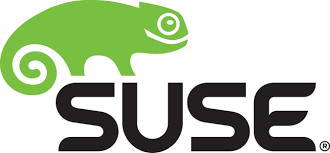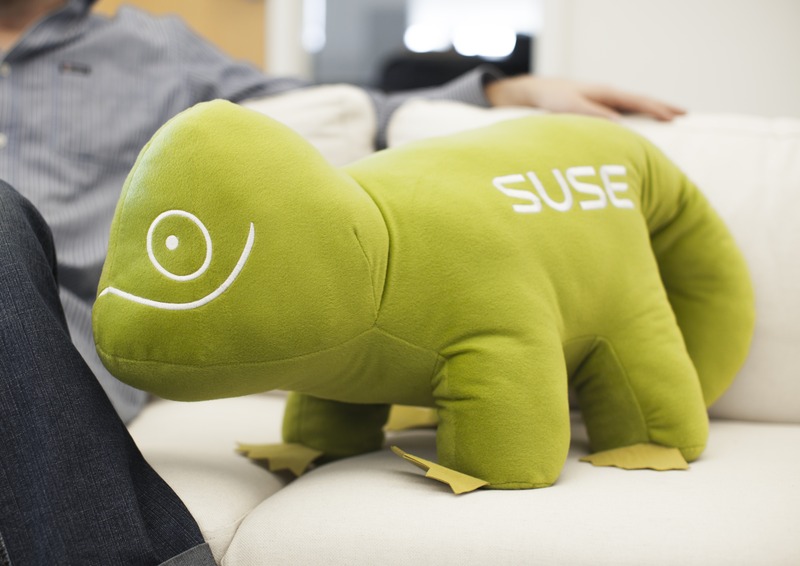 SUSE, the open source software company, has been sold to a Swedish private equity firm.
SUSE, the open source software company, has been sold to a Swedish private equity firm.
EQT Partners will acquire SUSE from current owners Micro Focus in a deal worth $2.5 billion USD and is expected to close in early 2019.
EQT is described as “a development-focused investor with extensive experience in the software industry”.
EQT Partners will acquire SUSE in a deal worth $2.5 billion
One of the oldest Linux businesses, over 1400 employees worldwide, and relatively healthy profit figures, the deal is good news for SUSE. It’s also a smart purchase for EQT given the increasingly intrinsic role open source software plays in enterprise, cloud and IoT.
Nils Brauckmann, SUSE CEO, is understandably excited. In a press release he cheerleads the deal as a ‘new chapter’ in the company’s development.
“Together with EQT we will benefit both from further investment opportunities and having the continuity of a leadership team focused on securing long-term profitable growth combined with a sharp focus on customer and partner success.”
Return to an independent business
Under the deal SUSE (which is perhaps best known for offering SUSE Enterprise Linux and sponsorship of the openSUSE project) will return to operating as an ‘independent business’ for the first time in four years.
EQT plans to “strengthen” the open source software provider’s position by way of organic improvements and, a little more interestingly, “add-on acquisitions”.
But what does the deal mean for fans of openSUSE, the free Linux distribution based on SUSE Linux?
SUSE Sale: What does it mean for openSUSE?
The SUSE sale will have “no negative impacts” on openSUSE
Anyone fearing for the future of openSUSE, the free Linux distribution sponsored (read: funded) by SUSE, needn’t panic.
Chairman of openSUSE, Richard Brown, has stated that the deal “will have no negative impacts on openSUSE.”
Explaining more in a mailing list post Richard adds that SUSE (the company) remains firmly “committed to supporting the openSUSE community […] which is expected to continue under their new partnership with EQT.”
Is SUSE a stale brand?
Like other Linux businesses SUSE generates the bulk of its revenue through the provision of software defined infrastructure and cloud services — markets it is far from alone in competing in.
SUSE needs up its game if it’s to remain competitive and relevant in the innovative open source space
From Red Hat, Canonical, Amazon, Google, Oracle, Microsoft — every major tech player seems to have a finger in the pie of as-a-service services.
And it’s against these rivals that SUSE needs up its game if it’s to remain competitive and, perhaps more importantly, relevant to an increasingly dynamic, innovative space.
It may be one of the oldest open-source businesses around, but beyond making music video pastiches for YouTube I do not associate the company with innovation or a market leading outlook.
Can you think of a single infrastructure initiative announced in the past few years that involves SUSE as anything other than an afterthought? I can’t, and that’s without mentioning IoT or embedded technologies, major public cloud marketshare, developer interest, and so on.
Can you even think of a single unique reason to use the free openSUSE over other popular Linux distros? It’s not like we hear about major feature trickling down from SUSE Enterprise Linux into the free version in same way we do with Red Hat and Fedora.

